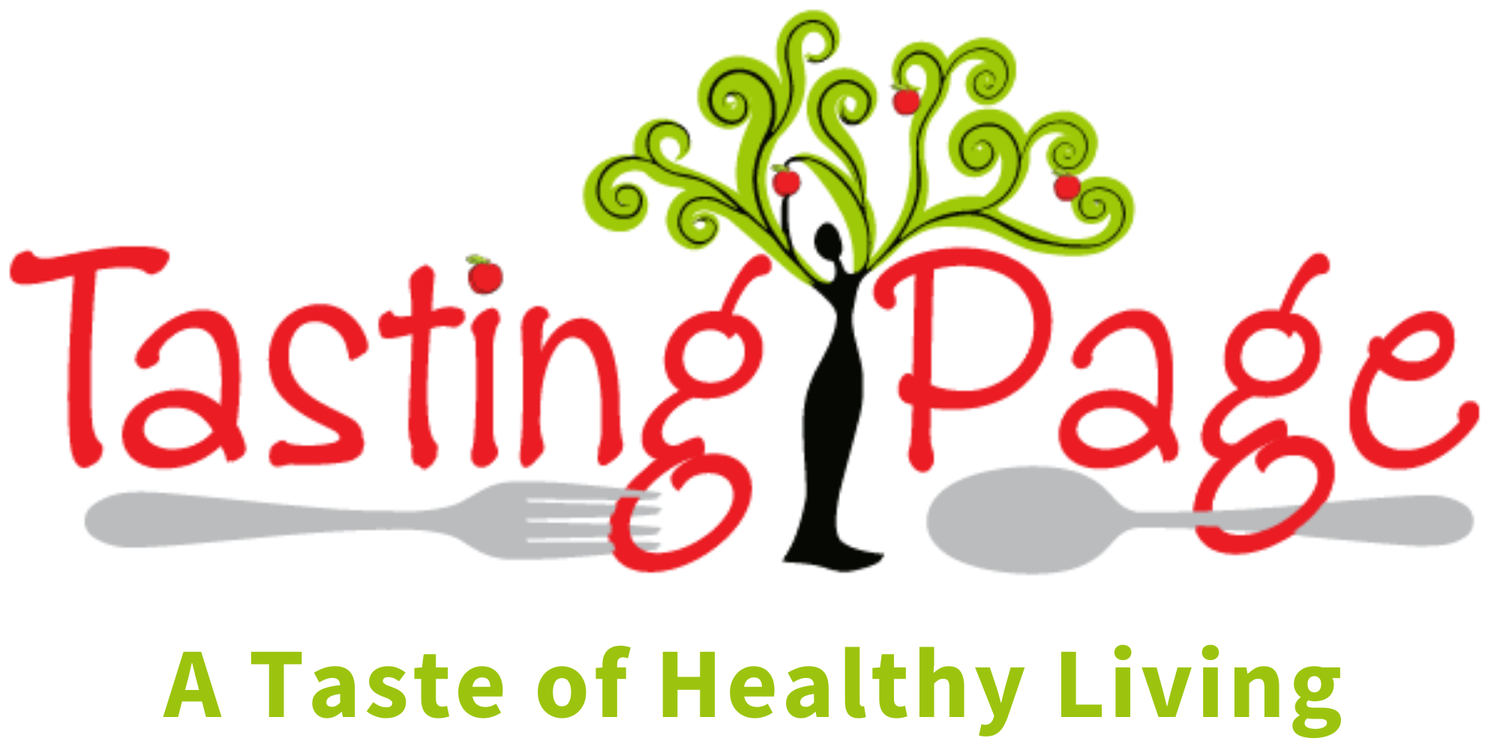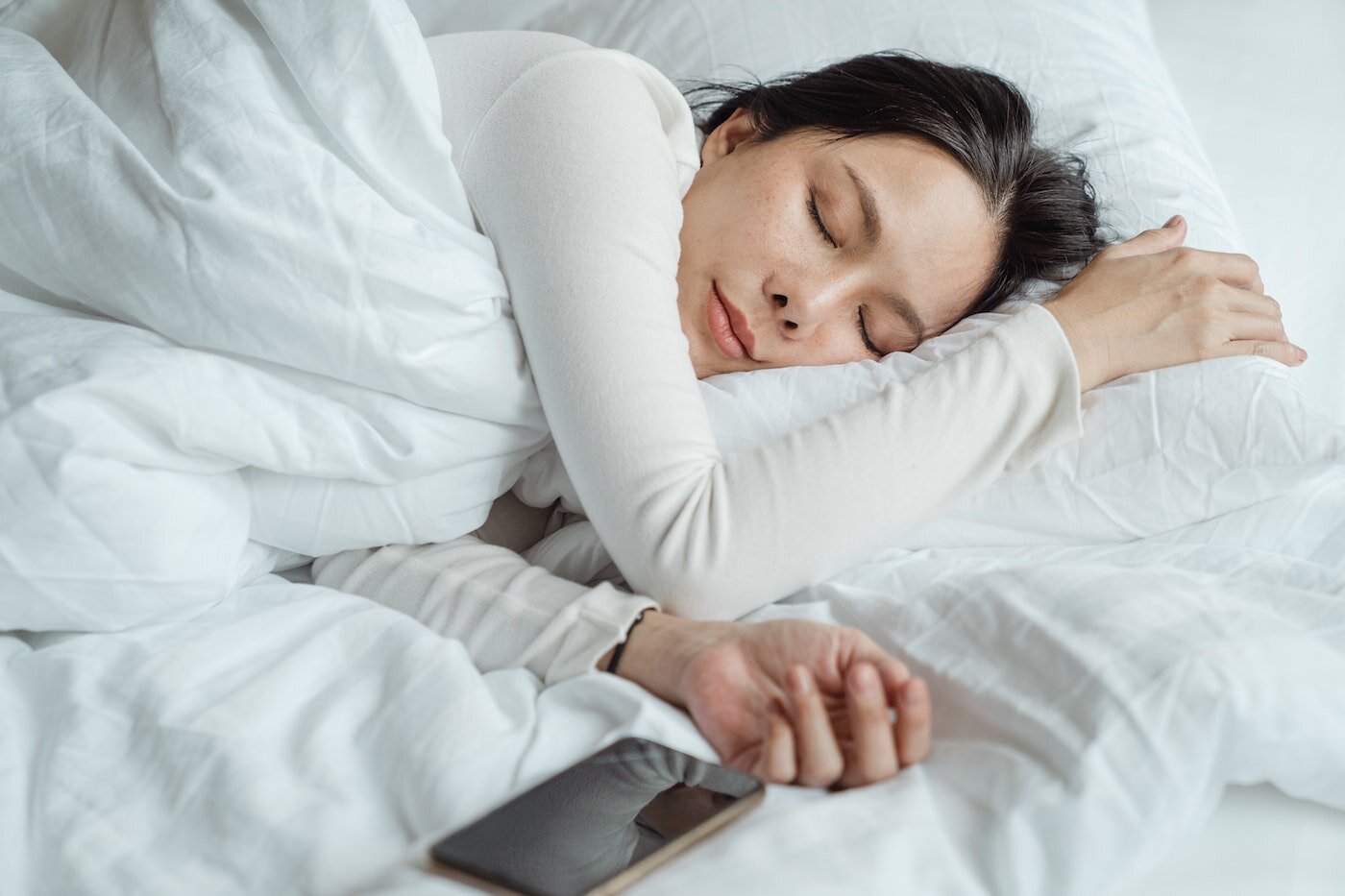Hot Flashes: Symptoms, Causes, Natural Treatments
/If you’re a woman in perimenopause or menopause you may be experiencing (and hating) hot flashes. Here are the symptoms, causes, and natural treatments for hot flashes.
What Are Hot Flashes?
As a woman over 40, 50, or even 60, you may experience hot flashes…and you may be very unhappy about it, and extra sweaty.
Hot flashes often go hand in hand with perimenopause but you can also experience them after your periods stop for a year and you’ve reached menopause.
Sadly, hot flashes are equal opportunity offenders for women of many ages.
How Long Are Hot Flashes?
The length of a hot flash will vary. Sometimes they can fly by in 30 seconds of heat and frustration, and other times they can last for up to 10 minutes.
The average time of a hot flash is about 4 minutes.
Some women don’t ever get them, while others may have them for a year or two leading up to menopause, and others may sweat through them for nearly a decade, even after bleeding stops.
What is a Hot Flash?
Hot flashes will affect everyone differently. You could be one of the lucky ones who never experience any hot flashes symptoms but you may fall in the camp of cursing their existence on an all too regular of a basis.
They can be short but powerful bursts of heat, often felt in the upper body, face, and neck.
Hot flashes symptoms can also include a racing heart, tingling skin, perspiration, and anxiety, followed by chills.
Hot Flashes Causes
There’s not a definitive answer to what causes hot flashes but some believe it has to do with changes in the hypothalamus, which is your body’s center for temperature regulation.
According to The North American Menopause Society, “If the hypothalamus mistakenly senses that a woman is too warm, it starts a chain of events to cool her down. Blood vessels near the surface of the skin begin to dilate (enlarge), increasing blood flow to the surface in an attempt to dissipate body heat. This produces a red, flushed look to the face and neck in light-skinned women.”
Hot Flashes and Hormone Fluctuations
Estrogen and progesterone are two of the big boys that can make women, unhappy and hot. When these hormones, as well as a few others, begin decreasing in level as they do for women over 40, then your internal thermostat can get out of whack, and send the hypothalamus into action.
During perimenopause, many women experience hot flashes just before or during their period. This is the time when estrogen levels drop and follicular stimulating hormones rise, creating the perfect environment for a hot flash.
Insulin is another hormone that responds to blood sugar swings and can lead to hot flashes.
And then there’s cortisol, the stress hormone, that responds to every crisis you think you’re having, which can be quite a lot during perimenopause.
When these hormones are rising and falling, they can impact your body’s temperature and lead to hot flashes.
Natural Ways to Prevent Hot Flashes
While there isn’t a definitive “cure” for hot flashes, you can try to avoid some of the common triggers to lessen the severity.
Food and Drink
One of the best natural ways to lessen hot flashes is through diet.
There are several foods and drinks that can make hot flashes worse.
Sugar
Spicy foods
High carb, starchy foods
Heavier, warm foods
Caffeine
Alcohol
Food that you’re allergic or sensitive to like gluten or dairy
It’s helpful to look at what you’re doing before the hot flashes occur. If you find yourself breaking out in a cold sweat after a big dinner of warm, spicy, starchy food, washed down with wine, you may have identified your triggers.
You want to give your body and digestion as much help as you can. When you eat heavy food, your digestive juices have to work harder and they can heat the body up.
So focus on heathy, nourishing food like leafy greens, wild-caught salmon, and low carb vegetables.
My top five healthy eating guidelines are a good rule of thumb to follow as a woman in perimenopause.
It’s more important than ever to maintain a healthy weight in perimenopause since overweight women often get more intense and frequent hot flashes.
Stress
Yup, stress makes the hot flashes list, as it does most other lists when you’re talking about staying healthy and balanced.
Stress increases cortisol which throws off your blood sugar and insulin levels.
Some good stress-reducing activities include meditation (here’s how to meditate). Meditation helps you release the spinning in your head, which may get activated every time you have a hot flash, and helps you relax and be more present.
Studies have shown that meditation can reduce hot flashes in 90% of women.
Journaling, practicing gratitude, and getting in nature can also help you unwind and stay balanced.
Breathing
Purposeful breathing can also be a good stress reducer as well as natural hot flashes reducer.
There are many different ways to breathe well. Counting the breath in and out can be helpful and provide a nice distraction.
You can practice box breathing where you inhale for four counts, hold at the top for four, exhale for four counts, hold out for four, and repeat.
Simply extending the exhale longer than the inhale can also reduce stress levels and calm the nervous system.
Practice purposeful breathing daily, as well as when you are experiencing a hot flash to try and get the symptoms to subside.
Exercise
It’s always important to move your body but it can be especially helpful for women in perimenopause experiencing hot flashes.
Not only is exercise a good stress reducer to keep cortisol levels balanced, but it can also boost endorphins to help lift your mood when you’re bummed by one more hot flash.
Sleep
Many women in perimenopause or menopause experience night sweats, which is when hot flashes occur while you’re so desperately trying to sleep.
Layers are the name of the game. Wearing breathable fabric and clothes you can layer on and off will help you stay cool if a heat wave should occur. Also keeping the thermostat low can also help you sleep better at night.
Most of the recommended sleep guidelines apply but it’s especially important to watch your intake of alcohol, sugar, caffeine, and spicy foods before bed.
Natural Supplements
There are many natural supplements claiming to help with hot flashes and it’s important to speak to you doctor before trying anything.
The research is still a little light on whether any of these herbs and supplements actually work to lessen hot flash symptoms, but many people will tell you anecdotally that they’ve helped them a lot.
A few of the natural remedies for hot flashes include: dong quai, black cohosh, red clover, and evening primrose oil. I’ve personally had luck with the adaptogenic herb, Shatavari.
Other Hot Flash Treatments
I’ve really enjoyed and seen good results from acupuncture. A 2016 study found that acupuncture helped reduce the number and severity of hot flashes.
Another good reminder if you’re experiencing hot flashes is to be gentle and give yourself some space.
Let people around you know that you’re not feeling your best and then give yourself permission for a quiet night of reading.
Taking care of yourself is always the best treatment for anything that ails you.























